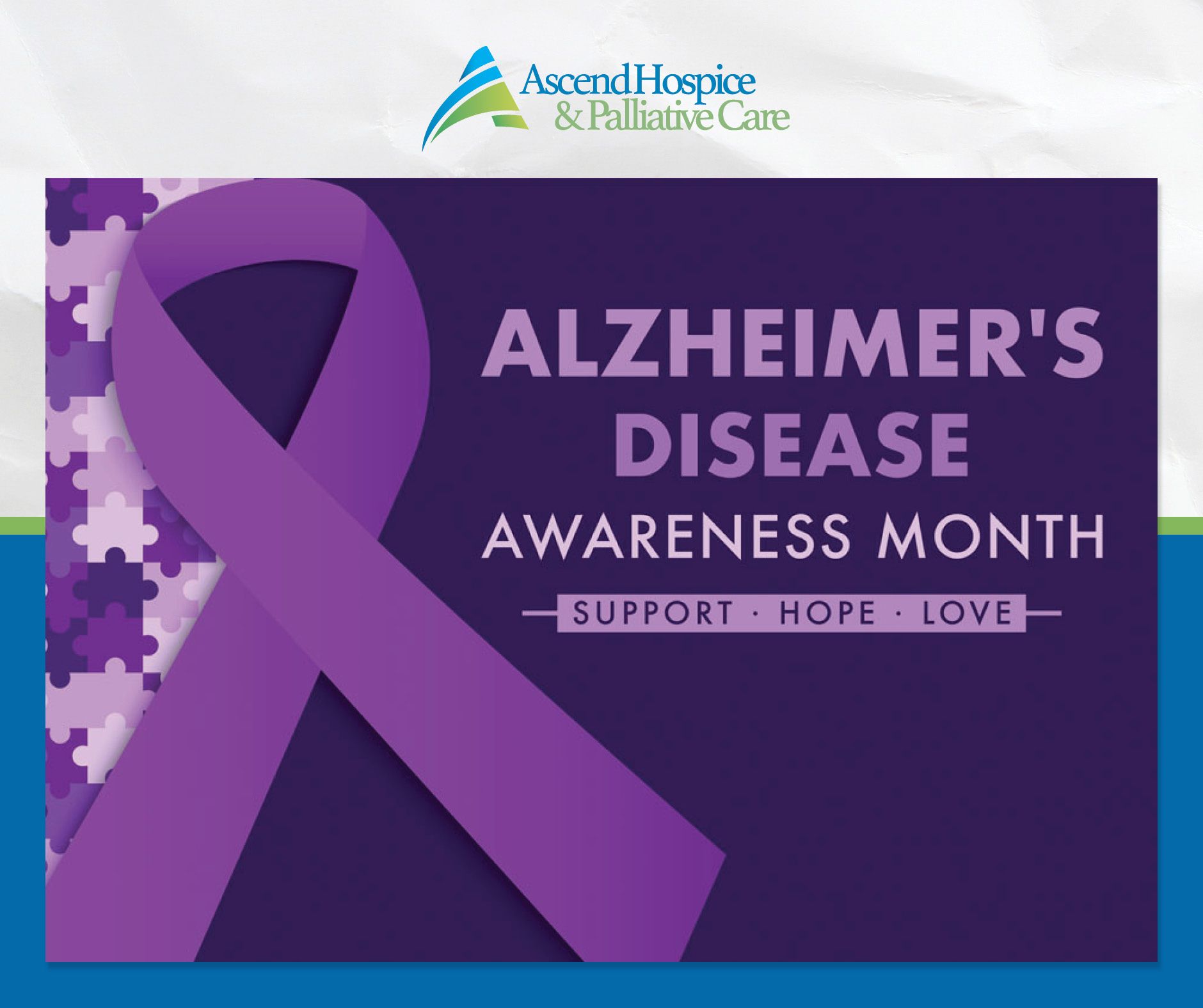Grief at the holidays
Losing a loved one is painful and can cast a cloud over everything. Grieving during the holidays can be especially difficult because the season often brings expectations of joy and celebration, which may feel out of reach when you’re mourning. Remember that there is no ‘right way’ to grieve, it’s different for each of us. Here are some suggestions that might help you cope with grief at the holidays.
1. Acknowledge your feelings
- Allow yourself to feel what is really there — whether it’s sadness, anger, guilt, or even moments of joy. Grief is unpredictable, and it’s okay to feel a mix of emotions.
- Don’t pressure yourself to feel festive just because it’s the holidays.
2. Set boundaries and manage expectations
- It’s okay to say no to events or traditions that feel overwhelming right now.
- Be honest with yourself and others about what you can handle. Some people find comfort in keeping old traditions, while others may prefer to create new ones or skip them entirely this year.
3. Find ways to honor the memory of your loved one
- Light a candle, share stories, or set a place at the table in their honor. You could also donate to a charity in their name or participate in an activity they enjoyed.
- Rituals like these can help keep their memory close during a time that might otherwise feel empty without them.
4. Reach out for support
- Don’t isolate yourself if you need company. Lean on family, friends, or support groups, and don’t hesitate to talk about your loved one. People around you may not know how to approach the subject, so letting them know what you need can help.
- Professional help from a therapist or grief counselor can be helpful if you're struggling.
5. Be gentle with yourself
- Grief can take a lot out of you, both emotionally and physically. Take care of your basic needs: rest, eat, and do things that bring you comfort or peace, even if they're small.
- Give yourself permission to grieve and understand that healing is different for everyone. It doesn’t follow a set timeline.
6. Take care of yourself
- Engage in activities that nurture your well-being, whether it’s journaling, taking walks, or practicing mindfulness. Taking moments for yourself is not selfish, it’s necessary for healing.
7. Embrace flexibility in traditions
- Some people find that adjusting holiday traditions can help. You might want to simplify celebrations, go to a new place, or make the holiday quieter this year. Allow yourself to redefine what the holidays look like during your grief.
8. Plan for hard moments
- Certain moments like opening gifts, seeing certain decorations, or hearing holiday songs can bring a fresh wave of grief. Prepare for these triggers by thinking through what might help you cope when they arise—whether that’s stepping away, leaning on a loved one, or having something to distract you.
9. Focus on what you can control
- The holidays can be filled with reminders of your loss, but focusing on small, manageable tasks can help you regain a sense of control. This could be something as simple as planning your day, choosing how you want to spend your time, or deciding who you want to be around.
10. Allow yourself moments of joy
- It’s okay to smile, laugh, or find comfort in moments during the holidays, even if you’re grieving. Allow yourself to experience those small joys without guilt—they don’t take away from the love you had for the person who is gone.
Coping with grief at the holidays is incredibly personal, and there’s no “right” way to do it. If you're open to it, talking about your loved one or sharing memories can sometimes help keep their spirit alive in the holiday season. Above all, give yourself the grace and space to feel whatever comes naturally.



